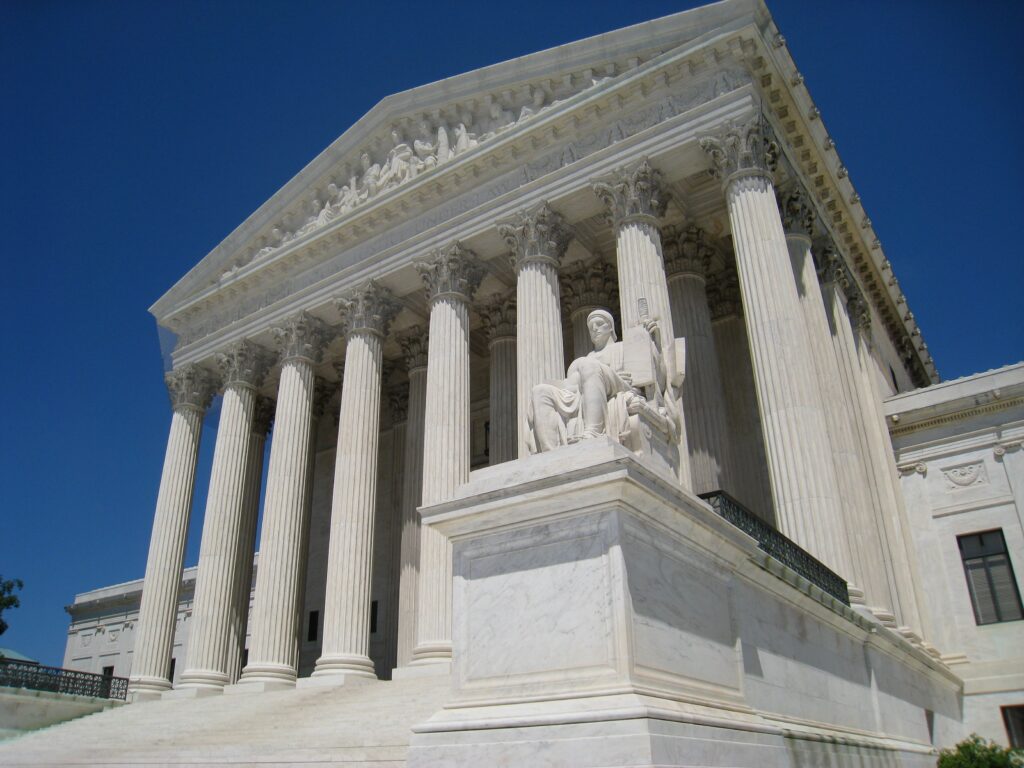Becket to Supreme Court: Redefining sex threatens religious freedom Religious groups face new legal threats if Court strikes down West Virginia sports law
Media Contact
Ryan Colby 202-349-7219 [email protected]
Additional Information

WASHINGTON – Becket filed a friend-of-the-court brief at the Supreme Court on Friday, warning that redefining sex in federal law would threaten the freedom of religious groups nationwide. In West Virginia v. B.P.J., the ACLU and Lambda Legal argue that Title IX—the federal law ensuring equal opportunity for women in education—requires schools to allow male athletes who identify as transgender to participate on girls’ teams, even though Title IX says nothing about gender identity. Becket’s brief warns that this interpretation would have far-reaching consequences for religious schools, healthcare providers, and other religious institutions for following their beliefs about sexuality.
West Virginia’s Save Women’s Sports Act requires public schools in West Virginia to separate sports teams by biological sex, preserving equal athletic opportunities for female athletes. Before the law took effect, the ACLU and Lambda Legal sued on behalf of a male student who identifies as transgender and sought to compete on a girls’ team, arguing the state law violates Title IX by targeting the student’s transgender status. A lower court upheld West Virginia’s law, but the Fourth Circuit reversed. West Virginia is now defending the Save Women’s Sports Act at the Supreme Court as being fully consistent with Title IX and the Constitution.
“Twisting Title IX beyond what Congress intended would unleash a tidal wave of lawsuits, investigations, and mandates against religious groups nationwide,” said Laura Wolk Slavis, counsel at Becket. “We’ve seen this parade of horribles before. After Bostock, religious schools, healthcare providers, and faith-based ministries were dragged into court simply for following their beliefs.”
Becket’s brief warns that ruling against West Virginia would open the floodgates to aggressive federal enforcement and lawsuits against religious institutions. The same pattern followed Bostock v. Clayton County, where the Supreme Court expanded the meaning of “sex” under Title VII to include sexual orientation and gender identity, but did not provide robust protections for religious liberty. In the wake of that ruling, religious schools were sued for following their beliefs, and federal agencies continued efforts to force religious healthcare providers to perform gender-transition procedures in violation of their faith and best medical judgment. Becket’s brief urges the Court not to repeat what happened with Bostock in this case by interpreting Title IX as written.
“Religious Americans shouldn’t have to slog through years of litigation just to hold fast to their faith,” said Wolk Slavis. “We’re asking the Court to make clear that Title IX means what it says and protect the freedom of religious groups to live out their beliefs without fear.”
Oral argument in the case is expected later this term.